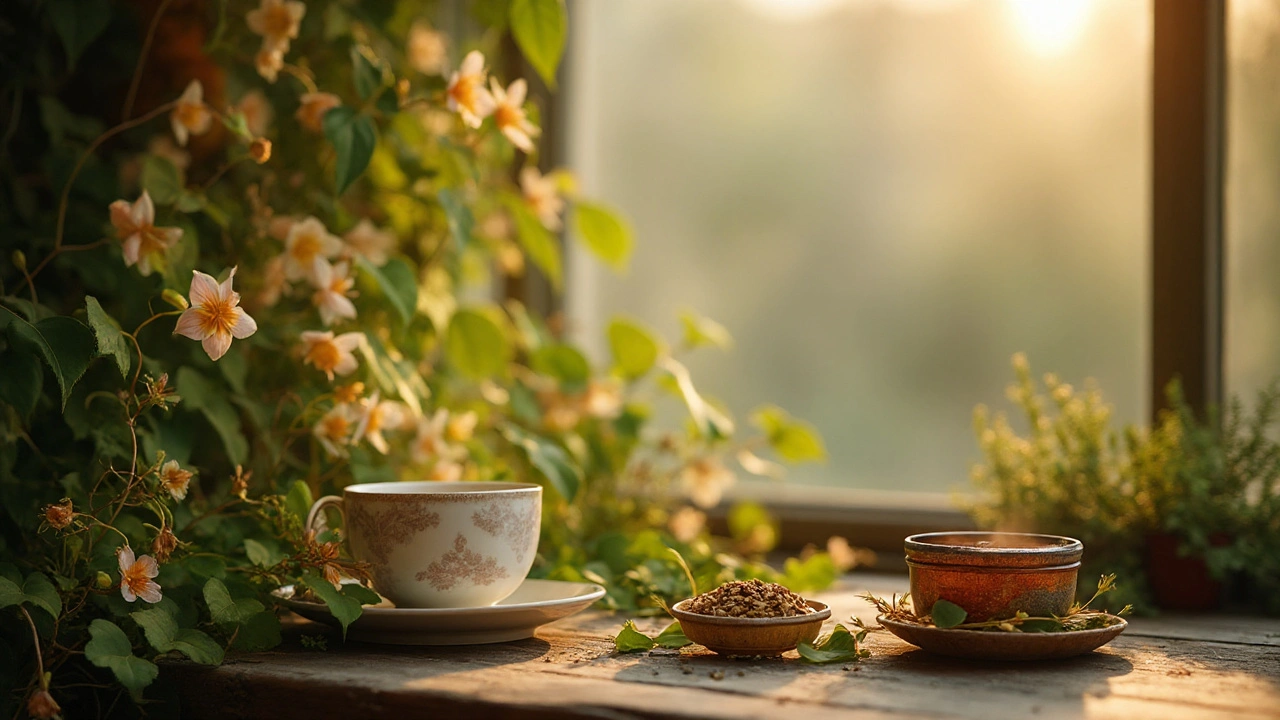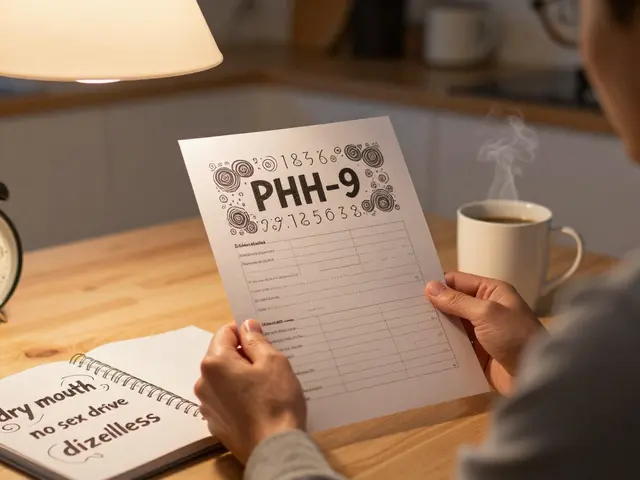
Safety of Aristolochia: Key Risks and Precautions
Aristolochia is a wild plant that shows up in some traditional medicines and teas. It looks harmless, but the root and leaves contain aristolochic acid, a compound that can seriously harm your kidneys and even trigger cancer. If you’ve ever wondered whether a herbal remedy containing Aristolochia is safe, you’re in the right place. Below we break down the danger, what regulators say, and how you can protect yourself.
What Makes Aristolochia Dangerous?
Aristolochic acid damages the DNA in your kidney cells, leading to a condition called aristolochic acid nephropathy. Symptoms may start as fatigue and swelling, then progress to chronic kidney disease. Studies from Europe and Asia link the acid to a higher risk of urothelial cancer, especially when people use the plant for weeks or months.
Because the toxic dose can be very low, even a small amount of contaminated herbal product can cause trouble. The problem gets worse when manufacturers mix Aristolochia with other herbs to cut costs, making it hard for buyers to spot the danger.
Regulators have responded by banning Aristolochia in many countries, including the UK, EU, and the US. The NHS advises against any supplement that lists Aristolochia or aristolochic acid on the label. If a product claims to be “traditional” but doesn’t list ingredients clearly, treat it as risky.
How to Protect Yourself
First, read every label. If you see Aristolochia, aristolochic acid, or any scientific name that includes “Aristolochia,” skip it. Look for reputable pharmacies or online shops that are licensed by the UK MHRA or the EU’s FMD. Those retailers must test their products for contaminants.
Second, ask your pharmacist or GP. They can tell you whether a herb is safe and may suggest alternatives like ginger, turmeric, or green tea, which offer similar benefits without the toxicity.
Third, watch for warning signs. Sudden swelling in your ankles, unexplained fatigue, or blood in your urine after starting a new herb should prompt an immediate doctor visit. Early detection of kidney damage can prevent long‑term loss.
Finally, keep a record of any herbal supplements you take. That way, if you experience side effects, you can quickly point out what you’ve been using.
Bottom line: Aristolochia may look appealing in natural‑health circles, but its hidden aristolochic acid poses real, documented health threats. By staying informed, reading labels carefully, and choosing trusted sources, you can avoid the risks and keep your kidneys and overall health safe.
-
23 Sep






